Space exploration news, features and articles
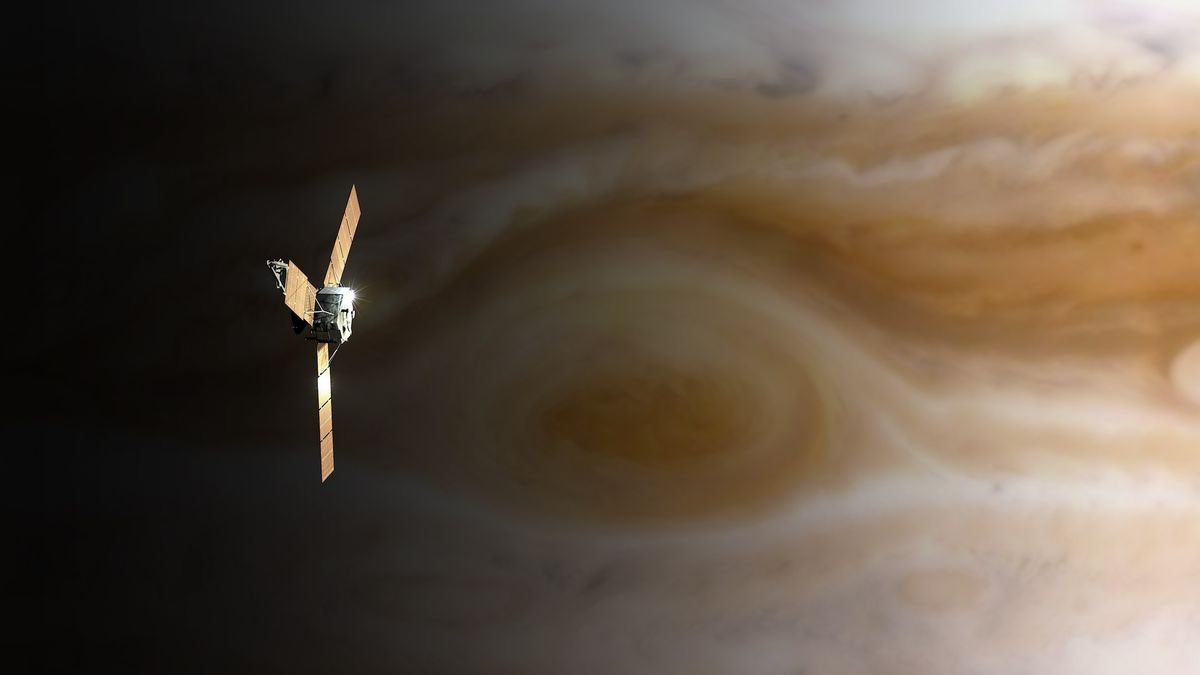
The dawn is breaking on a new era of space exploration, with moon bases and Mars colonies potentially only decades away. Live Science tracks the researchers, companies and countries setting their sights on the stars to bring you the biggest stories in space. Whether it's reporting on concerns that alien organisms could hitch a ride on our spacecraft and contaminate Earth, explaining what 11 billion people means for space travel, sharing a glorious photo of Earth during a total solar eclipse snapped by Japan's lunar lander, or compiling a list of the weirdest things we have launched into space, our expert writers and editors will ignite your sense of interstellar adventure with the latest space exploration news, features and articles.
Discover more about space exploration
—Here's every spaceship that's ever carried an astronaut into orbit
—How long could a person survive in space without a spacesuit?
Latest about Space Exploration

NASA jet crashes in flames on Texas runway — taking it out of the Artemis II mission
By Harry Baker published
New footage shows one of NASA's WB-57 research jets spewing out flames and smoke as it skids across a runway during an emergency landing near Houston. The veteran aircraft was due to play a small role in the Artemis II mission.
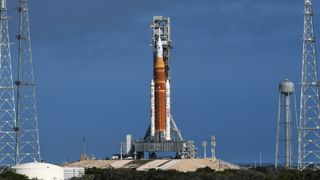
NASA is preparing for simulated launch of Artemis II mega moon rocket — and it could happen as early as Saturday
By Patrick Pester published
NASA has announced it will fuel the Artemis II rocket as part of a simulated launch that will take place as early as Saturday (Jan. 31).
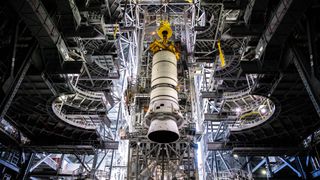
Watch NASA roll its historic Artemis II moon rocket to the launch pad this weekend
By Ben Turner published
NASA's Artemis 2 rocket will roll out Saturday (Jan. 17) ahead of a possible Feb. 6 launch. Here's how to watch.
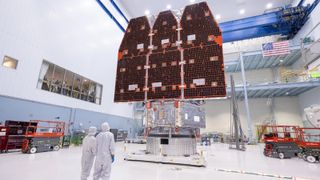
NASA's powerful new Roman Space Telescope is complete — and will soon begin mission to find 100,000 alien worlds
By Harry Baker published
New photos show off NASA's newly constructed Roman Space Telescope, which will soon help researchers unravel the mysteries of the cosmos. Experts have also revealed when the next-gen spacecraft is set to launch and begin collecting data.
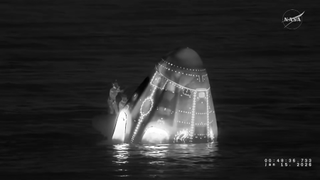
NASA astronauts back on Earth after unprecedented medical emergency on ISS
By Patrick Pester published
The SpaceX Crew-11 Dragon spacecraft splashed down this morning as four astronauts completed an unprecedented medical evacuation of the International Space Station (ISS).
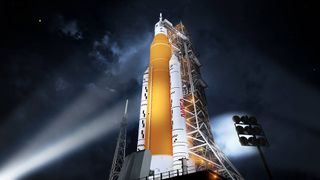
Artemis 2 mission update: Rollout imminent as NASA prepares first crewed Artemis mission to the moon
By Patrick Pester published
NASA's Artemis 2 rollout could be as early as this weekend as the space agency makes final preparations for its first crewed Artemis moon mission.

NASA announces unprecedented return of sick ISS astronaut and crew
By Sascha Pare last updated
NASA has announced the early return of Crew-11 from the International Space Station after an unidentified astronaut experienced a medical problem.
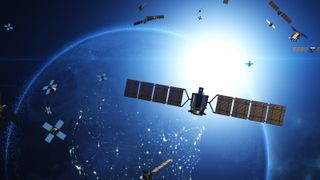
Orbiting satellites could start crashing into one another in less than 3 days, theoretical new 'CRASH Clock' reveals
By Harry Baker published
Researchers have proposed a theoretical timepiece, dubbed the "CRASH Clock," which tells us how quickly satellites would start colliding if they lost the ability to avoid each other, such as during a powerful solar storm. And its value is rapidly decreasing.

Should humans colonize other planets?
By Elise Poore published
As space travel advances, colonization of other planets edges closer to reality. But should we spread to other parts of the galaxy?
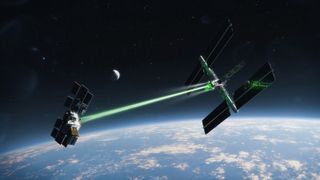
Tractor beams inspired by sci-fi are real, and could solve the looming space junk problem
By Harry Baker published
Researchers are developing a real-life tractor beam, with the goal of pulling defunct satellites out of geostationary orbit to alleviate the space junk problem.
Get the world’s most fascinating discoveries delivered straight to your inbox.
 Live Science Plus
Live Science Plus





